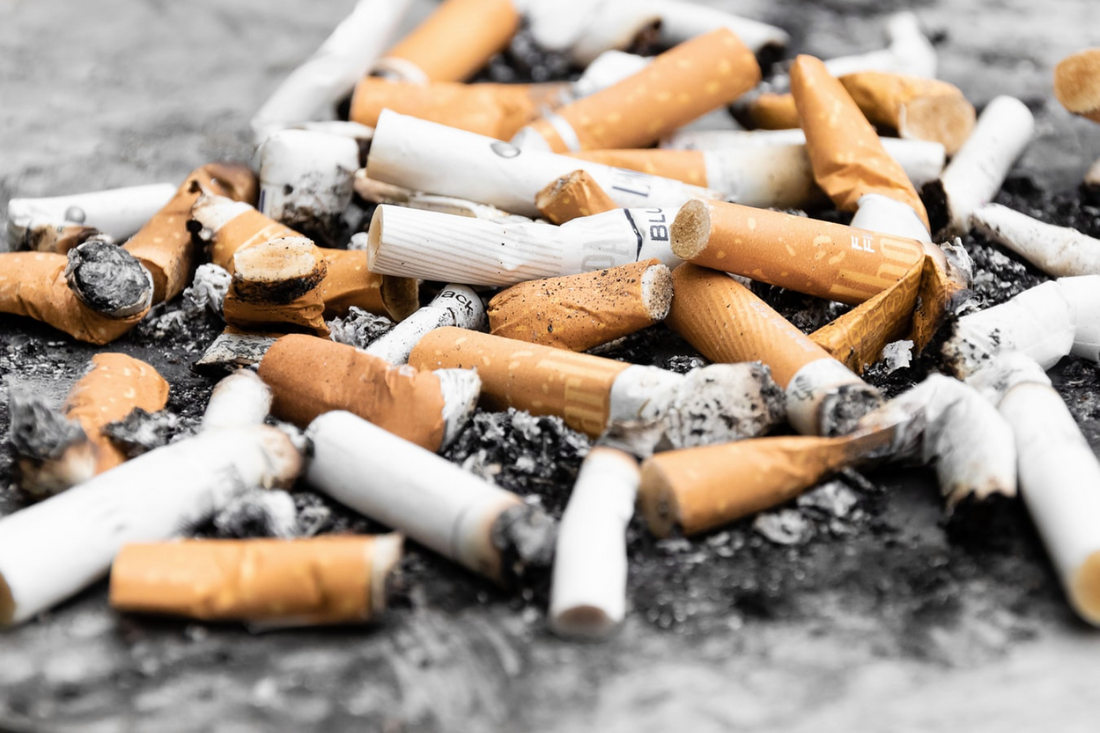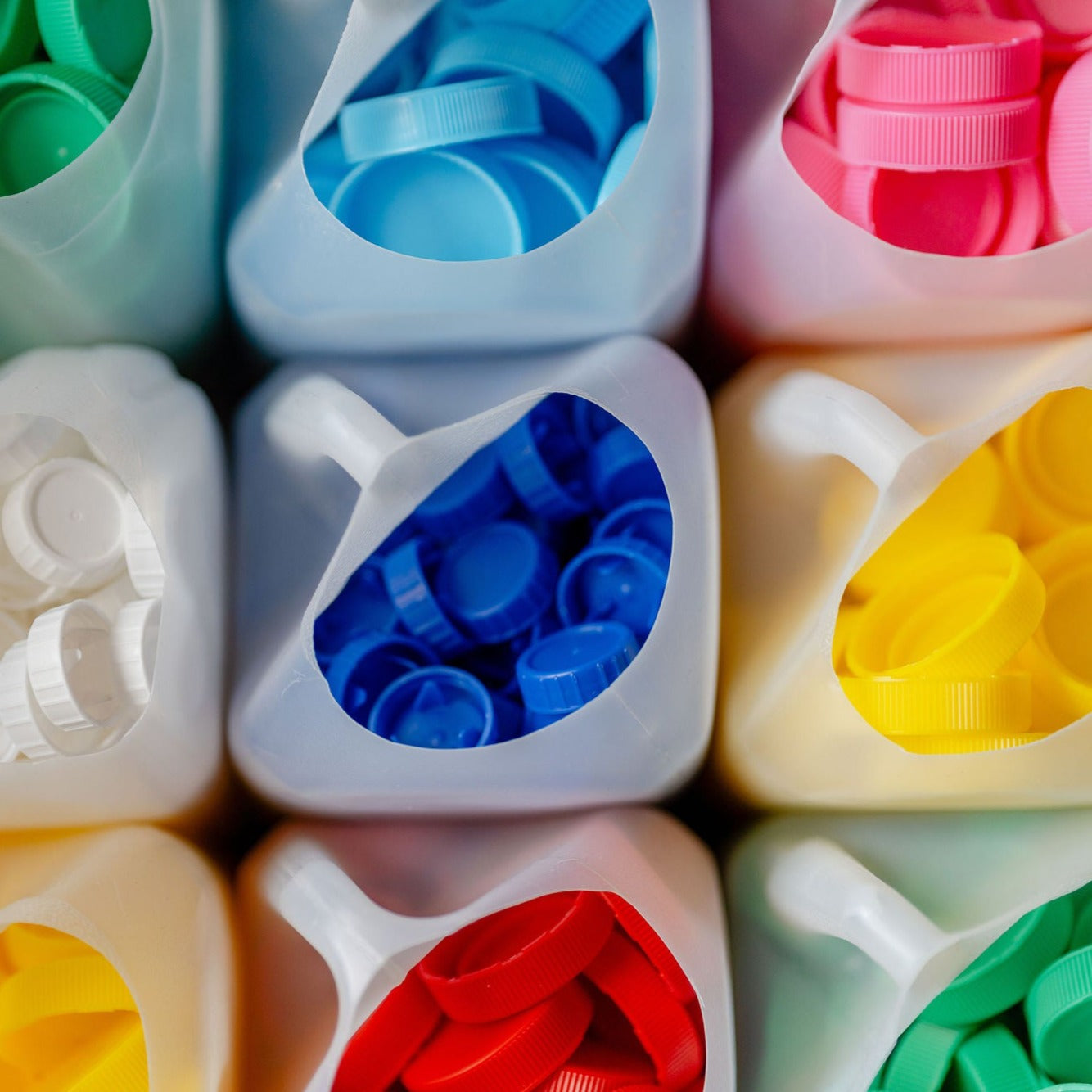
No More Butts: Butt we can all do something, here’s how

No More Butts is a not for profit with a vision for a cigarette butt-free environment. The WWF estimates that 8 billion cigarette butts are thoughtlessly discarded in Australia each year and they are also the most common type of ocean rubbish. Cigarette butts take at least 15 years to break down, while also leaching toxic chemicals into our oceans and waterways. In this week’s episode we chat with the founder of No More Butts, Shannon Mead, who talks in depth about the catalyst that prompted him to start No More Butts. He also comments on the catastrophic and often unnoticed effect cigarettes butts are having on the environment and what his organisation is doing to stop it.
Shannon talks about the common misconceptions people have about cigarette butts, these “toxic little beasts” as he calls them, often go unnoticed by the public. Many smokers and non-smokers believe their cigarette butts are made of cotton but in actual fact they’re made from many types of plastic, toxic to both smokers and the environment. This common misunderstanding is one of the reasons why cigarette butts have now spread so prolifically throughout the environment and is why the work that No More Butts is doing is so important.
No More Butts employs a multi-stage process in their fight against the littering of cigarette butts. Dubbed the 5 R’s of Retrieval, Re-education, Research, Recycle and Reward, this detailed and broad strategy focusses not just on the collection and reuse of cigarette butts but has a strong focus on education as the greatest tool in the fight against the littering of cigarette butts. If people can understand the impact that their actions are having and then feel some personal accountability, we can stop the stream of litter.
Shannon also provides some insights into the exciting direction his organisation is heading with cigarette recycling. One of these is through TerraCycle, a company that take these butts, extracts the plastic from them, then uses that plastic to form park benches, tables and portable cigarette ash trays given to problem litterers in the city. Shannon however, also adds an interesting point asking, what now happens to these new products at the end of their life? That is why researchers are looking into ways to fully dissolve the plastic in cigarette butts and detoxify them through mycology i.e., using mushrooms.
These new and innovative solutions have Shannon and the No More Butts team excited and optimistic about a future where cigarette butts don't litter our streets and waterways.

